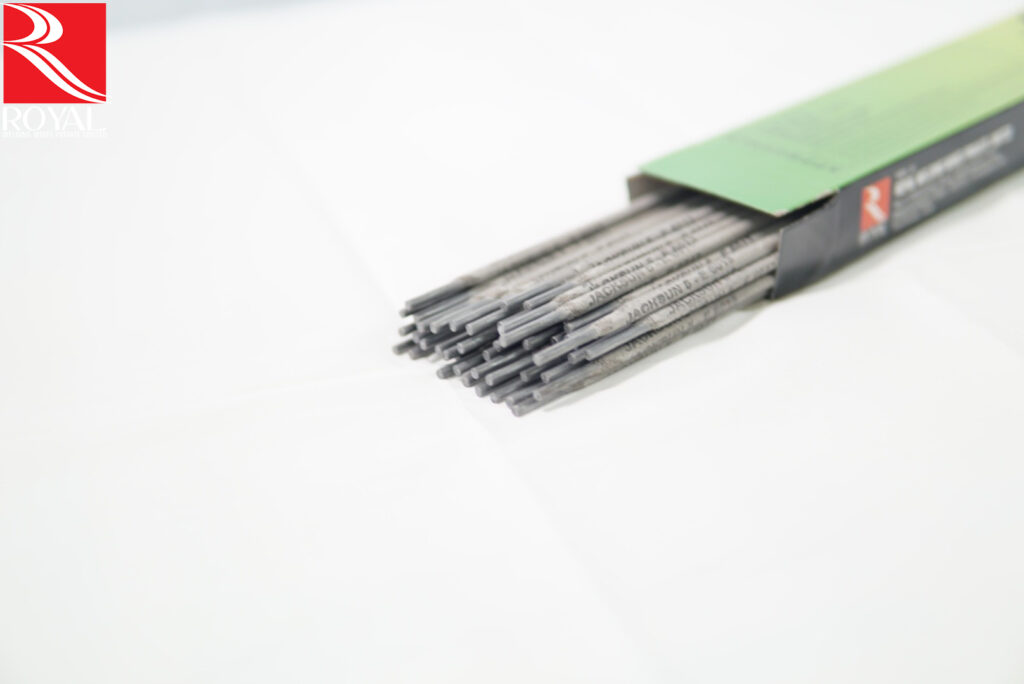Welding is a standard method used to join metal components together. One of the critical factors in ensuring a successful weld is the quality of the welding electrode.
In this article, we will discuss how to check the quality of a welding electrode to ensure that it meets the necessary standards and will produce solid and durable welds.
Visual Inspection Of Welding Electrodes
Before using welding electrodes, it is essential to visually inspect them to ensure they are in good condition and suitable for the intended welding application.
Here are some key points to consider during a visual inspection of welding electrodes:
- Condition of the coating: The coating on welding electrodes is essential for arc stability and molten metal transfer. It is important to check that the coating is intact and free from cracks, chips, and other defects that could compromise its performance.
- Length and diameter: Welding electrodes come in various lengths and diameters to suit different welding applications. It is essential to check that the electrodes used are the correct size for the intended application.
- Storage: Welding electrodes should be stored in a dry, clean, and well-ventilated area to prevent moisture and other contaminants from affecting their performance. It is essential to check that the electrodes have been stored correctly and are not damaged or contaminated.
- Expiration date: Some welding electrodes have an expiration date, after which they should not be used. It is essential to check the electrode’s expiration date to ensure they are still usable.

Testing The Tensile Strength Of Welding Electrodes
Here are some key points to consider when testing the tensile strength of welding electrodes:
- The tensile test is the most common method for testing the tensile strength of welding electrodes.
- The bend test is another method for evaluating the flexibility and toughness of welding electrodes.
- The torsion test is a third method for evaluating the torsional strength and resistance to twisting of welding electrodes.
- It is essential to perform tensile strength testing by established standards and procedures.
- Accurate and reliable tensile strength testing can help welders to select suitable electrodes for their intended application.
- Tensile strength testing can ensure the success of welding operations.
Discover the Benefits of Quality Welding Electrodes Now! Shop Our Selection of High-Performance Welding Electrodes and Enjoy Unbeatable Quality and Value.
Checking The Coating Quality Of Welding Electrodes
Here are some key points to consider when checking the coating quality of welding electrodes:
- The coating should be intact and free from defects.
- The coating should firmly adhere to the electrode core.
- The coating thickness should be within the specified range for the intended welding application.
- The coating should be free from pores.
Verifying The Welding Electrode’s Classification And Specifications
Here are some key points to consider when verifying the classification and specifications of welding electrodes:
- Check the classification of the electrodes to ensure that they are suitable for the intended welding application.
- Check the specifications of the electrodes to ensure that they meet the required standards and specifications.
- Verify that the electrodes being used comply with the relevant standards.
In summary, verifying the classification and specifications of welding electrodes is an essential step in ensuring the success of a welding operation.

Evaluating The Weldability Of Welding Electrodes
- Conduct visual inspections of the electrodes, looking for any defects or inconsistencies that may affect their ability to form strong welds.
- Perform mechanical tests, such as bend and tensile tests, to determine the strength and reliability of the welds formed using the electrodes.
- Consult welding specifications and codes, such as those provided by the American Welding Society (AWS), to ensure that the electrodes are suitable for the intended welding application.
- Consider the composition of the electrodes and the type of base metal being welded, as these can affect their weldability.
- Use the results of the tests and evaluations, along with the guidelines provided by welding specifications and codes, to determine the overall weldability of the welding electrodes.
Considering The Manufacturer And Supplier Of Welding Electrodes
When considering the manufacturer and supplier of welding electrodes, several key factors must be taken into account.
These can include the reputation and reliability of the manufacturer and supplier, the quality of the welding electrodes they produce, and their ability to provide technical support and assistance.
- Evaluate the reputation and reliability of the manufacturer and supplier.
- Consider the quality of the welding electrodes produced by the company.
- Look for technical support and assistance provided by the manufacturer and supplier.
- Choose a company with a proven track record of producing high-quality welding electrodes and providing reliable customer service.
- Select a manufacturer and supplier that can help ensure you are using suitable electrodes for your welding applications.
